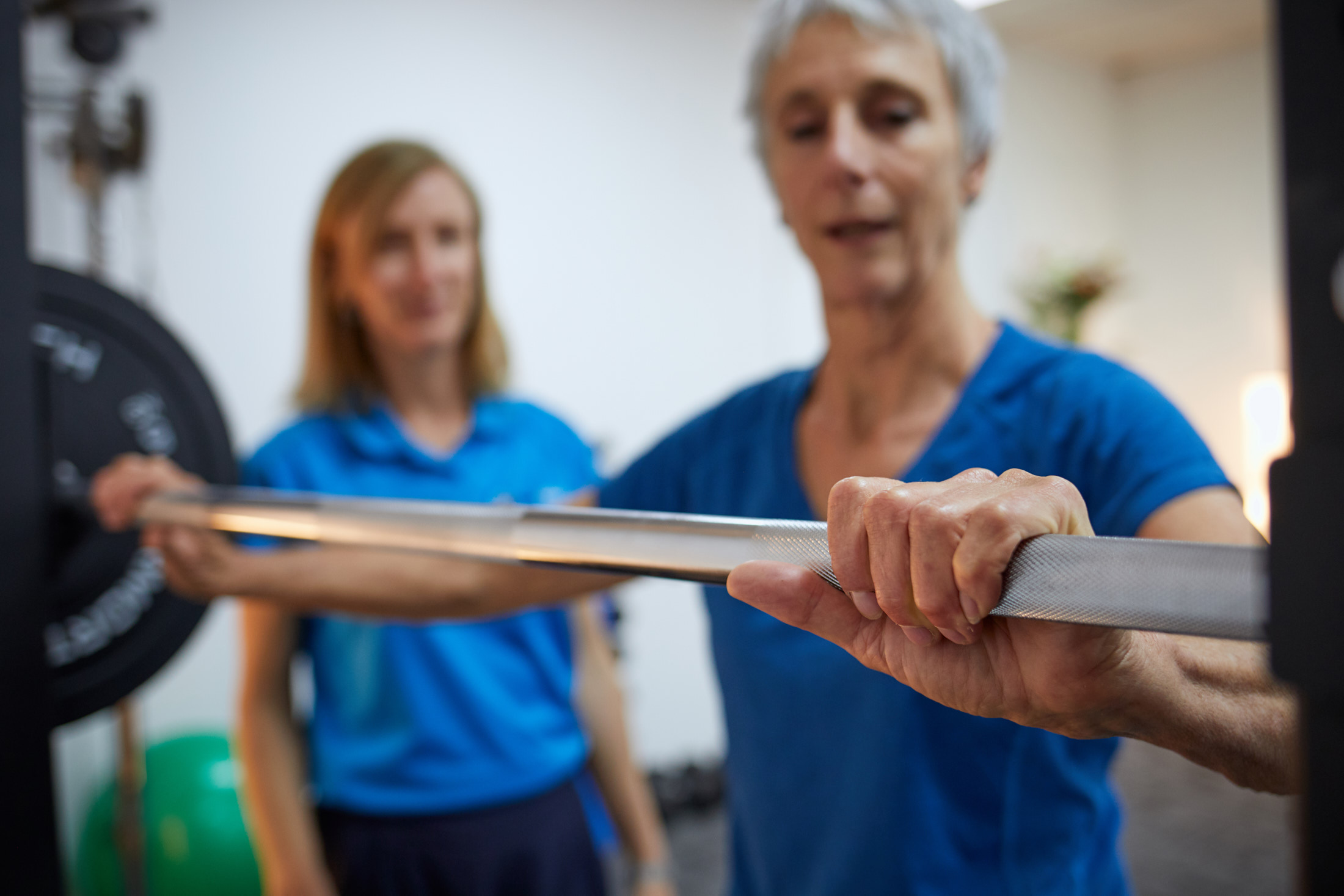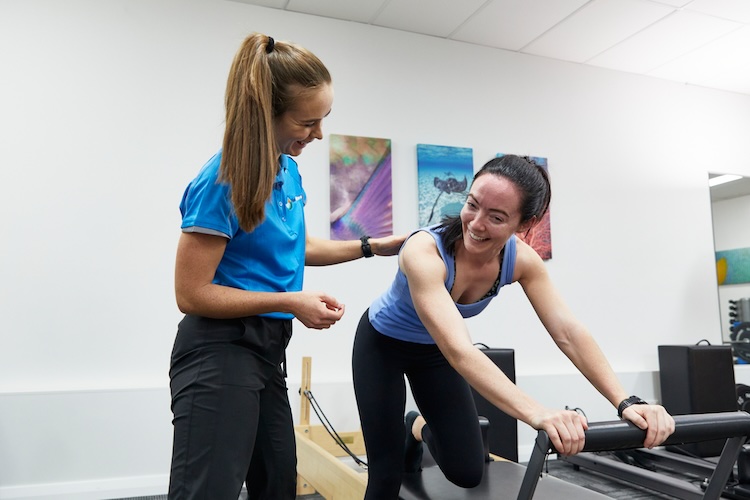This article first written on International Women’s Day 8th March, 2017 and is being republished with a case study of a lady I treated this year with ‘Pre-Menstrual Dysphoric Disorder’. Her story is heart warming and highlights how much can be done with an occupational approach, naturopathy and integrative psychiatry.
I’m wondering why after 100 years of women’s rights, women’s mental health still is not fully understood.
Some mental health concerns are treated with medication and given a psychiatric diagnosis for what are often a naturally occurring hormonal change which can be effectively treated with natural therapies and occupational therapy.
This article is for all women, whether you have premenstrual ‘moodiness’, post natal depression, PMDD with psychosis, menopausal distress, anxiety, depression or simply feel disconnected from your true self, your essence.
Let’s look at some mental health facts
Fact 1: Depression and anxiety are symptoms and not diseases.
An holistic approach to mental health holds this as a guiding fact when assessing and planning treatment. It uses these symptoms as indicators or sign posts towards the underlying condition or root cause.
Fact 2: Many medical conditions can cause mood symptoms.
This includes endocrine disorders e.g. thyroid disease, Addison’s disease, diabetes (pre-diabetes and insulin resistance); Auto-immune disease e.g. lupus, celiac; Viral illness; Heavy metal toxicity and nutrient deficiency; and sleep apnoea
Fact 3: Some medications can cause mood disturbance,
A JAMA Psychiatry Journal, study of 1,061,997 women aged 15 – 34 yrs followed for 3 years from Jan, 2000 to Dec 2013 found that the “use of hormonal contraceptives was associated with subsequent antidepressant use and first diagnosis of depression”
Other medications associated with mood disturbance include statins, Roacutane (for treatment of acne) and some antibiotics. Please note medications are sometimes essential and the point being made here is not to avoid medications but also not to dismiss the potential impact they may have on mental health.
Fact 4: Inflammation is linked with the main ‘common drivers’ for many mental health concerns.
Five of these common drivers are:
· Gut dysbiosis
· HPA / hormonal disturbance
· Oxidative damage to mitochondria / DNA
· Nutrient deficiency / heavy metal toxicity
· Blood sugar instability
Each of these drivers respond to natural therapies with lasting and effective outcomes.
Time to take a closer look at moods
Women are ‘moody’, hallelujah! ‘Moodiness’ indicates natural hormone fluctuations are at play within the body. The shifts of oestrogen and progesterone are linked with the lunar cycle. Moods remind us of the web-like effort exerted by mind-body-spirit to generate balance.
‘Moods’ help a women to pace activity levels over a 28 – 35 day cycle (Note, 28 days is not a norm). For women life participation moves in a natural flow from the inward reflection of menstruation, to increased energy and enthusiasm for life which peaks at ovulation and then slowly fragments as the cycle nears completion. This final 3rd phase commonly experienced as pre-menstrual tension can be distressing for some women. So distressing it is a diagnosable psychiatric disorder called Pre-Menstrual Dysphoric Disorder (PMDD) according to the DSM-5!
PMDD controversy as described by Lara Briden, ND
Classified as a disorder in 1998 in a closed room meeting with six FDA officials and four executives from the pharmaceutical company Eli Lilly. Prozac rebranded as Sarafem. Early ads showed a woman angrily trying to claim a shopping cart at the grocery store. Women urged to “Think again: it could be PMDD.”
Critics: “It’s absolutely absurd for the FDA, in secret meetings with drug companies, to make a decision that would be contrary to the psychiatric community… It’s the fox guarding the hen house.”
How PMDD went from an idea to a diagnosis is a very interesting read.
So what’s the alternative for Women’s Mental Health?
In my practice we start by simply talking, listening to your story and putting the pieces together to work out what’s best for you. Therapies I use are occupational therapy (focusing on life participation and satisfaction), acceptance & commitment therapy (a mindfulness based contextual therapy), acupressure and naturopathy (herbal medicine, diet and nutrition).
A word on herbs and nutrition – herbal medicines have been tried and tested over 1000’s of years and more recently backed by extensive research. There is no medicine that can support the hypothalamus-pituitary-adrenal (HPA) axis like herbs can. It is this HPA axis that is affected when there has been stress, trauma or illness. Herbs are absolute gold for balancing hormones in the monthly cycle; restoring a sleep-wake cycle; reducing inflammation; and helping the body in transition times such adolescence, the post-natal period and during menopause years.
The initial stages of therapy are an opportunity to reconnect and nourish the body.
This helps activate one’s own self-healing mechanisms and ‘inner compass’. The ultimate goal being to become more authentically you and aligned with self.
5 Self help tips to balance, connect and energise your day.
♥ Mindfulness – Mood by definition is a temporary state of mind or feeling. Mindfulness helps us to be present, here and now, moment by moment, noticing each temporary feeling. It makes no attempt to change anything but its by-product is greater relaxation and ability to cope with openness and acceptance, improved positivity and self-awareness, improved productivity and resilience. All things that women sometimes struggle with when mental health concerns appear.
In my practice I invite women to find the time each day for 3-5 minutes of mindful meditation. For many this is the starting point to reduce feelings of stress, anxiety or depression; to improve sleep, reduce pain and increase vitality.
♥ Know your SELF – What’s your story, it if it’s not working for you, rewrite it. Review beliefs, let go of out dated ones that no longer serve you and shine a light on new ones.
♥ Fully participate in life In your heart of hearts what is important?
When pain (physical, mental or emotional) is present it stops us from doing the things we want, need or are expected to do (our occupations). This is helpful in the short term for recovery but if it persists, becomes a driver for further pain and stress.
If we don’t do the things that are important to us, then who are we? This is the fundamental premise from which occupational therapy works.
♥ S-E-L-F Indulge – Sleep, Exercise, Love and Feast
Note, low sugar is a number one golden rule for reducing inflammation…the overarching mechanism to the 5 common drivers of many mental health concerns.
♥ Embrace a new body-mind approach – Listen to your body, respect your emotions, reclaim your mind and acknowledge your ever present Inner Wisdom. Be compassionate, gentle and forgiving to one self. Grow seeds of gratitude, love and wisdom as guiding values in your everyday life.
Case Study
Anxiety with Pre-menstrual Neurosis
Initial Consult – Jan 2018
42 yo lady with history of depression and anxiety, now has what she calls “premenstrual neurosis” where she experiences insomnia ‘can’t sleep at all’, severe cramping, panic attacks and suicidal thoughts for 4 days prior to menstruation. She was on 2 types of anti-depressants and had seen specialists for her PMDD. Her opening line to me was
I want you to know I am a complete sceptic, but I’m willing to give your therapy a go because I have no other options.
At this initial consult we talked about what Occupational Therapy and Naturopathy approach meant and what her treatment options were. I introduced some mindfulness strategies that she could integrate into her very busy daily life. And she was prescribed two herbal formula’s to support liver function and balance hormone levels.
Follow up consult – Feb 2018
She experienced anxiety, panic and suicidal thoughts for only 1 day prior to menstruation. It was all more intense but manageable, sleep had improved and cramping was reduced. She was happy with this outcome after 1 month.
Treatment – we decided to continue with the same natural medicines for a further 2 months. She was given further mindfulness and relaxation strategies and advised to make contact if symptoms returned.
Follow up consult- Apr 2018
Very happy with hormonal health (minimal ’pre-menstrual neurosis’), daily mild anxiety throughout the month but is manageable and less panic attacks. Willing to start to address deeper psychological processes and feeling confident about coming off one her anti-depressants.
Sasha has 27 years clinical experience working with women of all ages. She is passionate about helping people live well.
Private Health and Medicare (Better Access to Mental Health or Chronic Disease Management plans) rebates apply.
Copyright © Sasha Wray | Next Wave Director Occupational Therapist, Naturopath and Acupressure






